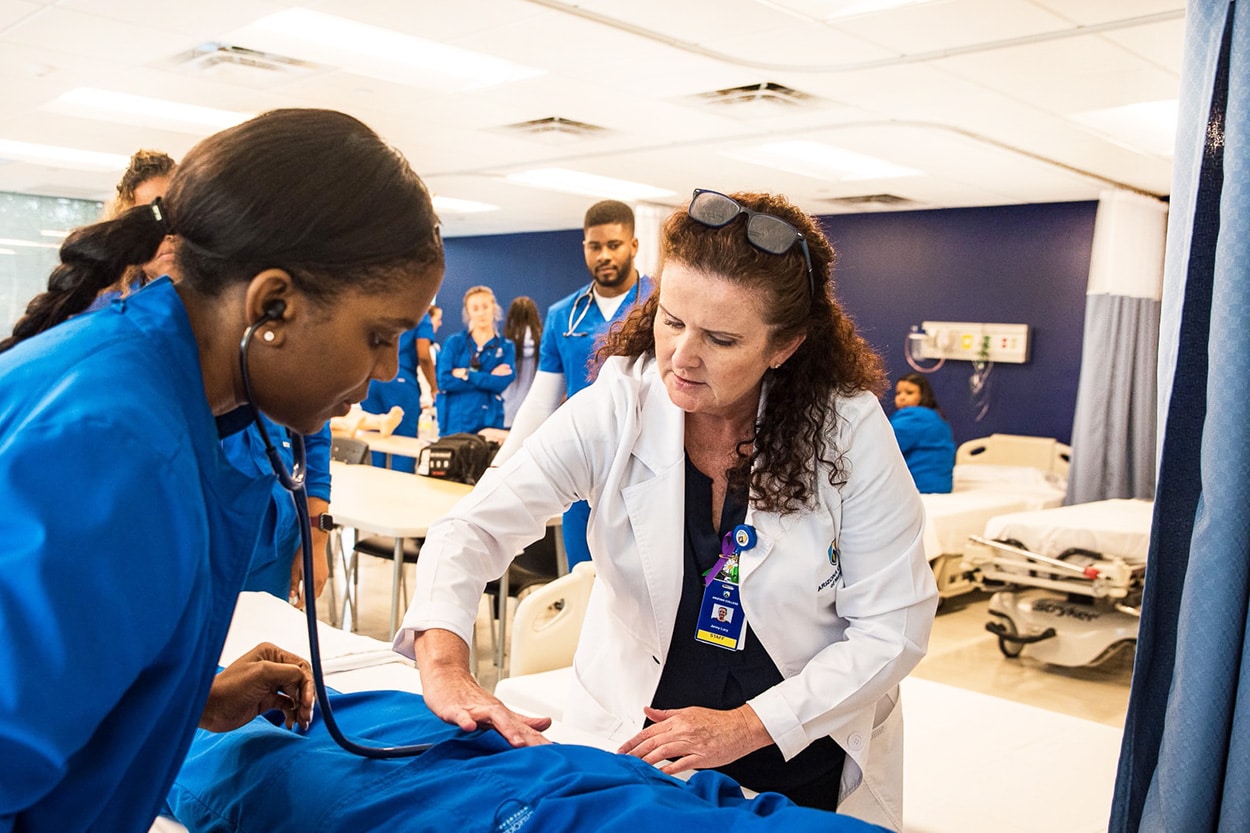Understanding the Role of Registered Nurses
Registered Nurses are healthcare professionals responsible for managing patient care, administering medications, and collaborating with other healthcare team members. Their duties extend beyond basic care, encompassing patient education, health assessments, and emotional support for patients and families. Understanding what a Registered Nurse is involves recognizing their pivotal role in maintaining the health and well-being of the community.
Defining the Role
RNs are licensed practitioners who have completed rigorous educational and training requirements. They work in various settings, including hospitals, clinics, and community health centers, providing a wide range of services. The role of an RN is dynamic and can vary significantly depending on the healthcare setting and patient needs.
The Significance of RNs in Healthcare
Registered Nurses are vital to the healthcare infrastructure, often serving as the primary point of contact for patients. They ensure continuity of care, advocate for patient needs, and contribute to clinical decision-making processes. In {city}, RNs are particularly crucial in addressing healthcare disparities and ensuring that all community members have access to quality care.
Pathways to Becoming a Registered Nurse
Becoming a Registered Nurse requires commitment and dedication, with several educational pathways available to suit different needs and backgrounds. Whether you are starting fresh or transitioning from another career, understanding the routes to RN licensure is essential.
Traditional Route: Bachelor of Science in Nursing (BSN)
The Bachelor of Science in Nursing (BSN) is the most traditional pathway to becoming an RN. This comprehensive program typically spans three to four years, covering essential nursing skills, clinical practice, and theoretical knowledge. It provides a solid foundation for those looking to pursue advanced nursing roles in the future.
Exploring Alternative Routes
For those without the time or resources to pursue a BSN, alternative routes offer viable pathways to becoming an RN. These include diploma programs and associate degrees in nursing, which provide essential training and qualifications for entry-level nursing positions. These programs are often shorter and more affordable, making them an attractive option for many aspiring nurses.
Comparing Educational Pathways
Choosing the right educational pathway is crucial for aspiring RNs. Below is a comparison of typical nursing education options:
|
Aspect
|
BSN
|
Diploma/Associate Degree
|
Accelerated Programs
|
|
Duration
|
3-4 years
|
2-3 years
|
1-2 years
|
|
Cost
|
Higher
|
Generally lower
|
Varies, often moderate
|
|
Career Opportunities
|
Broader, including advanced roles
|
Entry-level positions
|
Rapid entry to workforce
|
|
Flexibility
|
Traditional academic calendar
|
Some flexibility
|
Intensive, fast-paced
|
Source: UK Nursing Education Survey 2023
These pathways offer diverse opportunities and challenges, allowing candidates to choose according to their circumstances and career aspirations.
The Personality and Traits of a Successful Nurse
Being a nurse requires more than just technical skills; it demands a unique set of personal attributes and qualities. Understanding the personality of a nurse is crucial for those considering this career path.
Essential Traits
Compassion, patience, and resilience are core traits of successful nurses. These qualities enable RNs to provide empathetic care, handle stressful situations, and maintain composure under pressure. Strong communication skills are also vital, facilitating effective interactions with patients, families, and healthcare team members.
Things to Know Before Becoming a Nurse
Aspiring RNs should be prepared for the emotional and physical demands of the profession. Nursing can be challenging, requiring long hours and a commitment to continuous learning. However, it is also incredibly rewarding, offering the opportunity to make a meaningful impact on individuals' lives and contribute to public health.
Exploring Career Opportunities and Specializations
The field of registered nursing offers a diverse range of career opportunities and specializations. Below is a list of nursing jobs available to RNs:
-
Hospital Nurse: Providing care in various hospital departments such as emergency, surgery, or pediatrics.
-
Community Health Nurse: Working within the community to promote public health and prevent disease.
-
Mental Health Nurse: Specializing in the care of patients with mental health disorders.
-
School Nurse: Providing healthcare services in educational settings.
-
Research Nurse: Involved in clinical trials and medical research.
These specializations allow RNs to pursue their interests and advance their careers in specific areas of healthcare.
Frequently Asked Questions (QA)
Q1: How can I become a Registered Nurse in {city}?
A: To become a Registered Nurse in {city}, you need to complete an accredited nursing program and pass the national licensing exam. Various educational pathways, including BSN and diploma programs, are available to suit different needs.
Q2: What is a Registered Nurse responsible for?
A: Registered Nurses are responsible for patient care management, administering medications, conducting health assessments, and providing education and support to patients and families.
Q3: What personality traits are important for a nurse?
A: Essential traits for nurses include compassion, patience, resilience, and strong communication skills. These qualities enable nurses to provide effective and empathetic care.
Q4: Are there nursing programs that don’t require a BSN?
A: Yes, alternative routes such as diploma and associate degree programs offer pathways to becoming a Registered Nurse without a BSN. These programs provide essential training for entry-level nursing roles.
Q5: What are some career opportunities for Registered Nurses?
A: Career opportunities for RNs include hospital nursing, community health, mental health, school nursing, and research. Each specialization offers unique challenges and rewards.
Registered Nursing is a rewarding and impactful career choice, offering diverse opportunities to make a difference in healthcare. Whether through traditional or alternative pathways, aspiring nurses in {city} can find an educational

